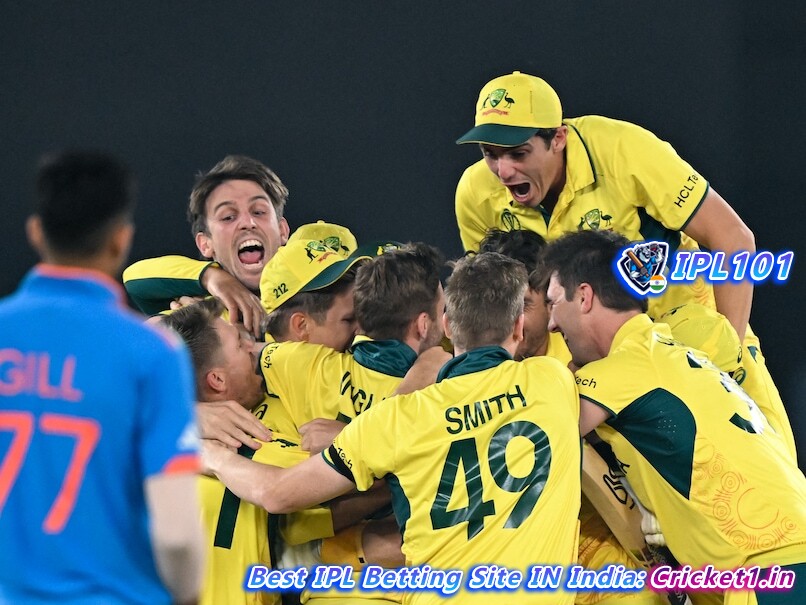
In a stunning turn of events, the Indian cricket team, along with its billion-strong fan base, saw their dreams dissolve on the field of the Narendra Modi Stadium last Sunday. Carrying an impeccable all-win record, the Indian team, led by Rohit Sharma, entered the Cricket World Cup final as the overwhelming favorites, only to face an indomitable Australian side that rose to the occasion, rekindling the echoes of their 2003 World Cup final triumph.
Pitched against their stalwart adversaries, the men in blue were eager to turn the tables and exact revenge. Alas, the hopes of a nation lay unfulfilled. The usually formidable Indian batting lineup succumbed to Australia’s bowling assault, setting a target of 240—a score that proved to be well within the Aussies’ reach, courtesy of Travis Head’s commanding century.
Shubman Gill, the young Indian opener tipped to shape the future of Indian cricket over the next decade, took to social media following the loss. His heartfelt words belied the dejection felt across a nation: “Been almost 16 hours but still hurts like it did last night. Sometimes giving your everything isn’t enough. We fell short of our ultimate goal but every step in this journey has been a testament to our team’s spirit and dedication. To our incredible fans, your unwavering support in our highs and lows means the world to us. This isn’t the end, it’s not over until we win. Jai Hind,” Gill penned his resolve in the face of adversity.
As the dust settled, the International Cricket Council (ICC) announced the best players of the tournament, forming a dream team that prominently featured Indian and Australian players. In a bittersweet acknowledgment, Indian skipper Rohit Sharma and South Africa’s Quinton de Kock were named as the opening duo. De Kock, who also secured his spot as the team’s wicketkeeper, notched up 594 runs, second only to the leading Indian pair.
Rohit Sharma’s aggression at the crease earned him 597 runs and the role of captain for the ICC Team of the Tournament. Virat Kohli, another luminary in the Indian batting lineup, bagged the third spot with a monumental 765 runs, setting a new record for the most runs by an individual in a single World Cup edition.
New Zealand’s Daryl Mitchell and India’s KL Rahul held the fourth and fifth spots, while all-rounders Glenn Maxwell of Australia and India’s own Ravindra Jadeja were positioned as sixth and seventh. Maxwell’s whirlwind century, the fastest in this World Cup, and Jadeja’s exceptional economy with the ball, underlined their value to their respective teams.
The bowling arsenal of the dream team consisted of India’s Jasprit Bumrah, Sri Lanka’s Dilshan Madushanka, Australia’s Adam Zampa, and India’s Mohammed Shami—all of whom were instrumental in taking early wickets and exerting control during the power plays.
The team was rounded off with South Africa’s Gerald Coetzee as the 12th man, a deserving nod to his performance in the absence of an injured Anrich Nortje. While the World Cup closed on a somber note for the Indian contingent, the performances of the individuals offer a promise of redemption in the years to come. As the tournament draws to a close, the world already looks ahead to the next chapter in cricket’s storied pages.

